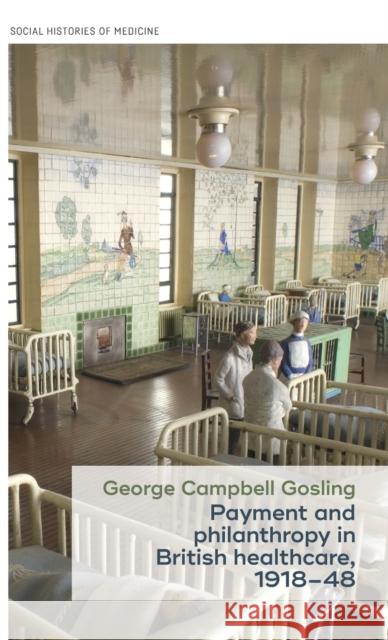Payment and philanthropy in British healthcare, 1918-48 » książka
Payment and philanthropy in British healthcare, 1918-48
ISBN-13: 9781526114327 / Angielski / Twarda / 2017 / 240 str.
There were only three decades in British history when it was the norm for patients to pay the hospital; those between the end of the First World War and the establishment of the National Health Service in 1948. At a time when payment is claiming a greater place than ever before within the NHS, this book uses a case study of the wealthy southern city of Bristol as the starting point for the first in-depth investigation of the workings, scale and meaning of payment in British hospitals before the NHS.
Payment and philanthropy in British healthcare, 1918-48 questions what it meant to be asked to contribute financially to the hospital by the medical social worker, known then as the Lady Almoner, or to subscribe to a pseudo-insurance hospital contributory scheme. It challenges the false assumption that middle-class paying patients crowded out the sick poor. Hopes and fears, at the time and since, that this would have an empowering or democratising effect or that commercial medicine would bring about the end of medical charity, were all wide of the mark. In fact, payment and philanthropy found a surprisingly traditional accommodation, which ensured the rise of universal healthcare was mitigated and mediated by long-standing class distinctions while financial contribution became a new marker of good citizenship.
Anyone interested in these changing notions of citizenship, charity and money, as well as the hospital as a social institution within the community in early twentieth-century Britain, will find this book a valuable companion.











